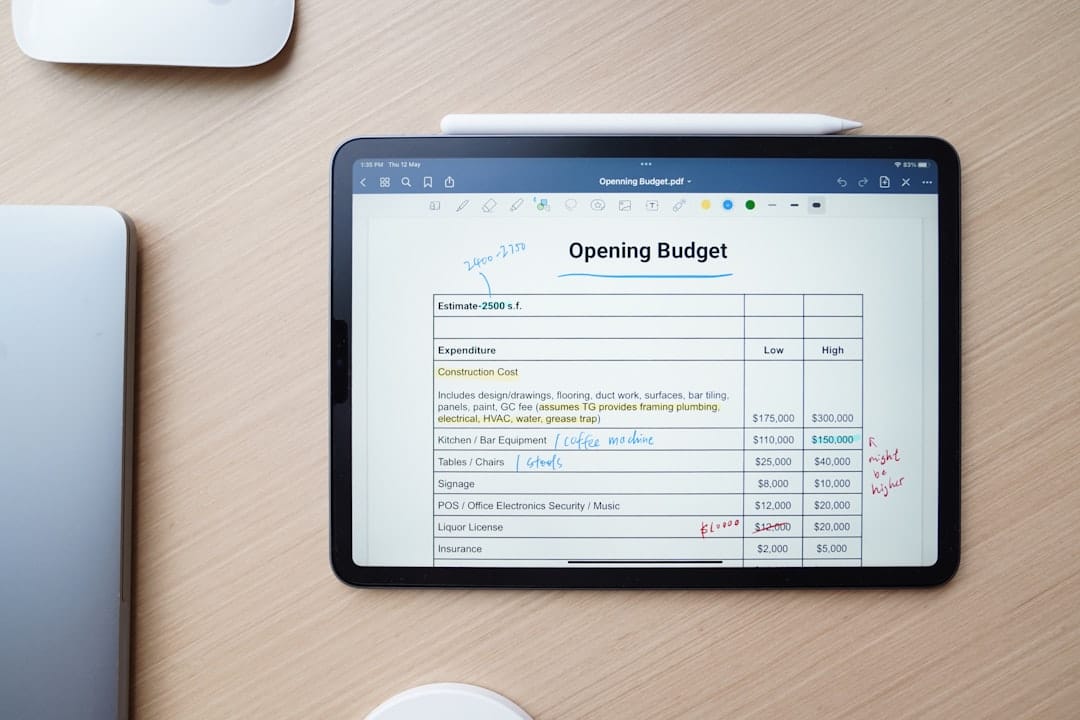
Why Professionals Depend on Financial Planning Tools?
Managing money is tricky. From saving for the future to staying within budget, it’s a lot! That’s where financial planning tools come to the rescue. These handy helpers make life easier for professionals in all kinds of industries.
Let’s explore why professionals love financial planning tools — and why you might, too. We’ll keep it simple, fun, and easy to follow. Ready? Let’s go!
What Are Financial Planning Tools?
Financial planning tools are apps or software that help people manage their money. These tools can:
- Track income and expenses
- Create budgets
- Monitor investments
- Plan for retirement
- Simulate future financial scenarios
Some tools are simple calculators. Others are full-blown financial dashboards. The best part? Many of them do the heavy thinking for you!
Why Professionals Can’t Get Enough
Professionals are always busy. Whether you’re a doctor, business owner, or graphic designer, time is money. Financial planning tools save both. Here’s how:
1. They Save Time
Manually crunching numbers? No, thanks. These tools do that in seconds. They generate reports, calculate trends, and show you where your money goes — fast.
2. They Reduce Stress
Worried about overspending? Confused about your taxes? A good financial planner lays it all out clearly. Peace of mind is just a few clicks away.
3. They Help Make Smart Decisions
Want to buy a house? Open a new business? Retire early? Financial planning tools let you play “what if” with your money.

Different Tools for Different Needs
Not all financial planning tools are created equal. Some are better at budgeting. Others are great for investments. Let’s break it down:
Budgeting Apps
These are the daily helpers. They track spending, categorize purchases, and keep your wallet in check. Think YNAB (You Need A Budget) or Mint.
Investment Trackers
Got stocks? Real estate? Mutual funds? Investment trackers like Personal Capital or Morningstar show you how your money is growing — or shrinking.
Retirement Planners
Dreaming of beach days forever? Tools like Fidelity Retirement Score or Vanguard Retirement Nest Egg Calculator help you plan the perfect exit strategy.
Business Finance Tools
Running a company? You need more than a calculator. Tools like QuickBooks and FreshBooks offer invoicing, payroll, and tax prep all in one.
Power Features Professionals Love
Modern financial tools come packed with cool, time-saving features. Here’s a hit list of the most-loved ones:
- Automated income tracking – Link to your bank and let the data flow!
- Custom budgeting – Set goals and see progress in real time.
- Forecasting tools – Predict what next month (or year!) could look like.
- Tax estimators – See your tax bill before it lands in your mailbox.
- Mobile apps – Plan on the go, from your phone or tablet.

How Professionals Use Them Daily
Picture this: a freelancer who tracks every invoice. A dentist who saves monthly for new equipment. An office manager balancing five budgets. They all need financial planning tools — and here’s how they use them day-to-day:
- Set monthly spending limits to avoid overspending
- Track cash flow coming in from different clients or jobs
- Prepare for quarterly taxes with income reports
- Use charts to explain money matters to a team or advisor
In short, these tools help them stay in control. And who doesn’t love that?
Big Benefits That Add Up
The small wins stack up fast when you have a good financial tool. Here’s what professionals get in the long run:
Better Money Habits
Seeing where every dollar goes trains your brain. Over time, you spend smarter—even without trying.
Fewer Surprises
No more “Where did all my money go?” moments. Everything is tracked, logged, and clear.
More Confidence
With the numbers laid out, professionals can charge the right price, invest wisely, and plan major moves fearlessly.
More Time for What Matters
Less time dealing with finances = more time with family, hobbies, or growing a business.
How to Get Started
New to financial tools? No problem. Here’s a super simple starting guide:
- Know your goals – Want to save? Invest? Stop overspending?
- Choose a tool that fits – Read reviews, take free trials, and see what’s easy to use.
- Connect your accounts safely – Look for tools with bank-grade security.
- Use it regularly – Check in weekly or monthly to stay on track.
- Adjust as you go – Life changes. Your tools can change too.

The Future of Financial Planning
Financial planning tools are getting smarter. AI is helping us make lightning-fast decisions with deep insights. Soon, your tool might:
- Suggest personalized tips based on your spending
- Alert you before a bad financial move
- Automate tax filing and investment choices
The future is bright — and financially focused!
Final Thoughts
Professionals depend on financial planning tools because they make life easier. Simple as that. From budgeting to tax prep, these tools are the silent superheroes of personal and business finance.
More control. Less stress. Smarter decisions.
So why not give one a try? Your future self — and your wallet — will thank you.